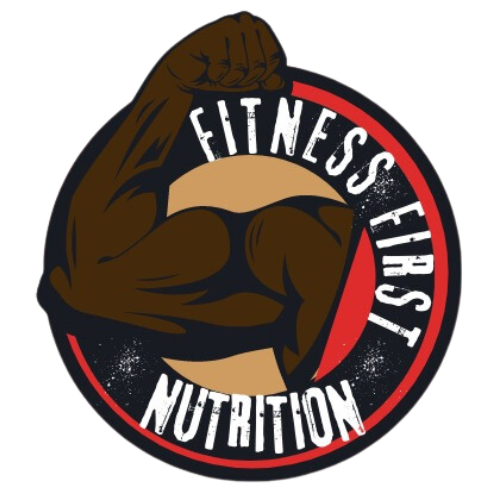In the realm of fitness, one word often echoes louder than others: protein. But why is protein so revered? How does it contribute to muscle strength and growth? This comprehensive guide will delve deep into the importance of protein for muscle and strength, highlighting its pivotal role in our bodies.
What is Protein?
Protein is one of the three macro nutrients, alongside carbohydrates and fats. Comprising amino acids, the building blocks of our body, proteins are essential for various physiological functions. From repairing tissues, producing enzymes and hormones, to building bones, muscles, and skin, proteins are the unsung heroes of our bodily functions.
Protein and Muscle Synthesis
Muscle synthesis is the process of building and repairing muscle fibers. When we exercise, especially during resistance training or weightlifting, we create tiny tears in our muscle fibers. Protein steps in post-workout to repair these tears, leading to muscle growth.
Keyword Highlight: Muscle Protein Synthesis (MPS) - This is the body's natural process of repairing and building muscle after exercise. Consuming protein, especially post-workout, can significantly boost MPS.
The Role of Amino Acids
There are 20 amino acids, with nine termed 'essential,' meaning our bodies cannot produce them, and we must obtain them from our diet. These amino acids, especially leucine, play a crucial role in triggering muscle protein synthesis.
Protein for Enhanced Strength
While muscle size and strength often go hand in hand, they aren't the same. Strength is the ability of a muscle to exert force. Consuming adequate protein ensures that the muscles are well-repaired and primed for strength training exercises, leading to progressive strength gains over time.
How Much Protein Do We Need?
For those actively seeking muscle growth and strength, consuming between 0.7 to 1.2 grams of protein per pound of body weight is recommended. However, individual needs can vary based on factors like age, gender, and activity level.
The Timing Factor
The post-workout "anabolic window" is a period where the body is primed to absorb protein for muscle repair and growth. Consuming protein within 30 minutes to two hours post-exercise can maximize muscle protein synthesis. This is more for beginners people who have a history of training anabolic window stay open for up to 12 hours.
Protein Supplements: Yay or Nay?
While whole foods are the best sources of protein, supplements like whey, and plant-based proteins can be beneficial for those who struggle to meet their daily protein requirements.
The Synergy of Protein and Carbohydrates
Carbohydrates are protein's best friend when it comes to muscle recovery. Consuming carbs with protein post-workout can enhance glycogen storage and muscle protein synthesis.
Common Myths About Protein
In the world of nutrition and fitness, few topics are as frequently discussed and as misunderstood as protein. While its importance for muscle growth and overall health is undeniable, there are several myths that have been perpetuated over the years. Let's debunk some of the most common misconceptions about protein.
Myth: More Protein Means More Muscle
Reality: While protein is essential for muscle repair and growth, simply consuming vast amounts of it won't result in endless muscle gains. Muscle growth is a complex process that requires a combination of consistent strength training, overall caloric intake, and adequate rest. Over consuming protein without these factors won't yield the desired results.
Myth: Protein Supplements are Only for Bodybuilders
Reality: While athletes and bodybuilders might have higher protein requirements, protein supplements can benefit anyone who struggles to meet their daily protein needs through whole foods. They're especially useful for vegetarians, vegans, and those with specific dietary restrictions.
Myth: Consuming Too Much Protein is Harmful to the Kidneys
Reality: This myth is based on the idea that processing excess protein can strain the kidneys. While it's true that people with existing kidney issues should monitor their protein intake, for healthy individuals, there's no concrete evidence to suggest that high protein intake damages the kidneys.
Myth: You Can Only Absorb 30 grams of Protein per Meal
Reality: The body can absorb and utilize more than 30 grams of protein in one sitting. However, the idea behind this myth is that after a certain point, additional protein in a single meal might not provide added benefits for muscle protein synthesis. The optimal protein distribution throughout the day is still a topic of ongoing research.
Myth: Eating Protein Will Make You Bulky
Reality: Protein alone doesn't make someone 'bulky.' Gaining muscle mass requires a combination of increased caloric intake, strength training, and strategic nutrition. Protein is just one piece of the puzzle. Moreover, 'bulkiness' is subjective and varies based on individual goals and perceptions.
In Conclusion
Protein is undeniably the cornerstone of muscle growth and strength. By understanding its importance and ensuring adequate intake, one can pave the way for a stronger, healthier physique.

